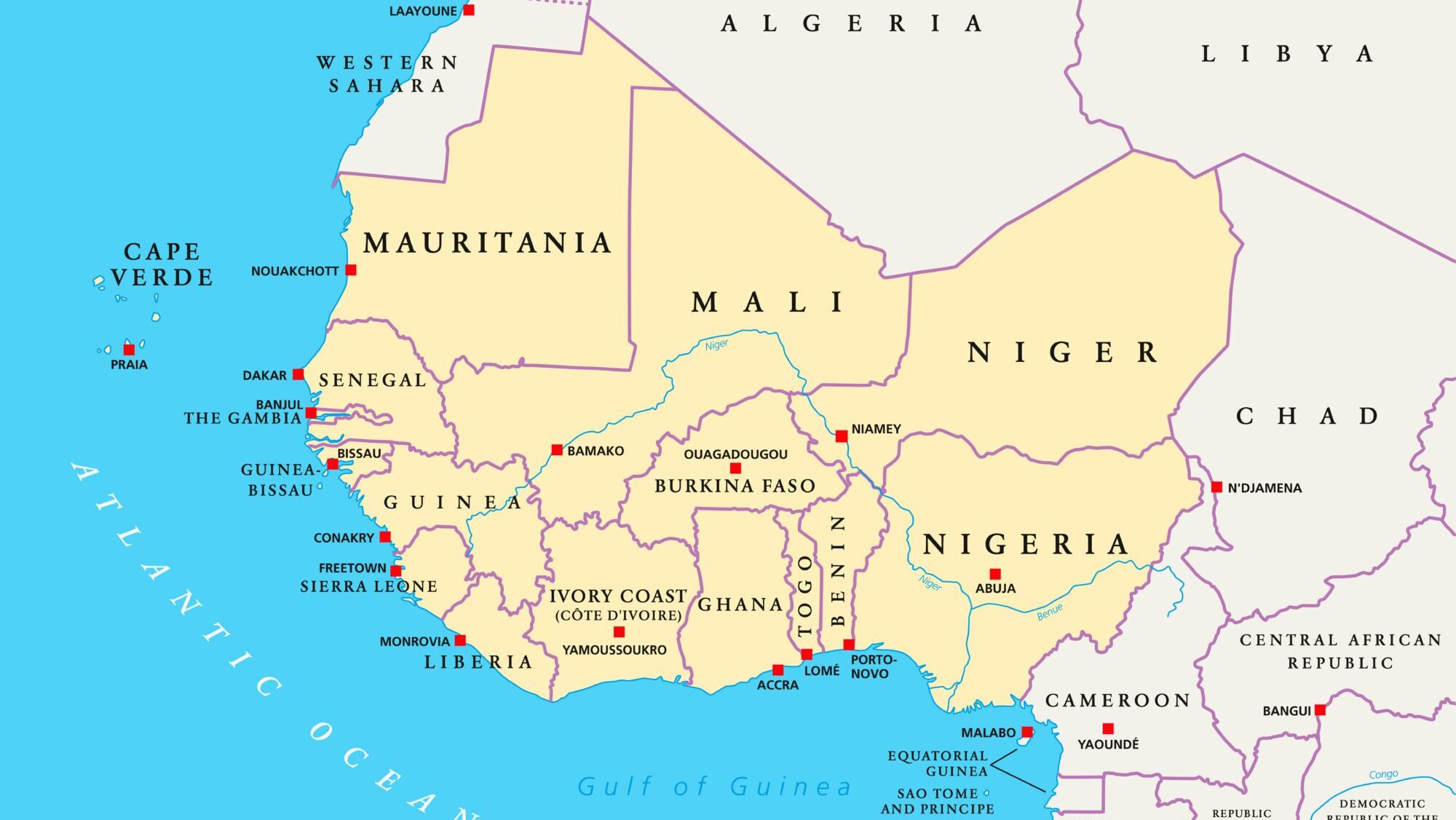
Following the military coups in the Sahel nations of Mali, Niger, and Burkina Faso which—along with the ascendancy of the BRICS group and the Global South—have laid bare the liberal, collective West’s diminishing influence worldwide, the three states over the weekend inked a collective security agreement.
The decisive move toward collective defense comes just weeks after the Economic Community of West African States (ECOWAS) threatened to invade Niger in the wake of its military coup that overthrew President Mohomad Bazoum, which in turn prompted Niger to place its armed forces on the highest alert level.
Shortly thereafter, the governments of Mali and Burkina Faso, which each had their own military coup d’états in May 2021 and September 2022, respectively, responded to ECOWAS’ threats by saying that any such undertaking would be regarded as a “declaration of war” against their nations as well.
Now, that response has been officially enshrined in the mutual defense pact signed on Saturday, September 16th, in Mali’s capital Bamako. The charter binds signatories to support each other, including the military, in the event of an attack on any one of them, further cementing the stability of the bloc.
Colonel Assimi Goita, Mali’s military leader, in a statement published to X, formerly known as Twitter, announced the signing of the Liptako-Gourma Charter.
I signed today with the heads of state of Burkina Faso and Niger the Liptako-Gourma Charter, establishing the Alliance of Sahel States with the objective of establishing an architecture of collective defense and mutual assistance for the benefit of our populations.
J’ai signé ce jour avec les Chefs d’Etat du Burkina Faso et du Niger la Charte du Liptako-Gourma instituant l’Alliance des États du Sahel (AES) ayant pour objectif d’établir une architecture de défense collective et d’assistance mutuelle au bénéfice de nos populations. pic.twitter.com/IjT43NHrKs
— Colonel Assimi GOITA (@GoitaAssimi) September 16, 2023
“Any attack on the sovereignty and territorial integrity of one or more contracting parties shall be considered as an aggression against the other parties and shall give rise to a duty of assistance, including the use of armed force to restore and ensure security,” the agreement states, according to a copy released to the public by Mali’s foreign ministry.
Additionally, Article 11 of the charter leaves the door open for the accession of “any other State sharing the same geographical, political, and socio-cultural realities.”
As The European Conservative previously reported:
The Sahel region is of increasing concern to Western strategists due to the rising tide of Islamist extremism as well as being a key staging area for illegal immigration into Europe. Only this month Niger was described as the “economic engine” of West Africa by the EU’s foreign policy chief Josep Borrell, who praised the country’s strong and stable leadership. Western powers had hoped to use Niger as a rallying point in a region where European and American influence is waning.
The loss of Niger would have profound geopolitical ramifications on the Sahel and vastly reduce the West’s ability to control migration flows and the flow of economically vital raw materials. In addition, it would open up a new front in Russia’s advance in the region, which has relied on growing anti-western sentiment.
Islamic extremism is a pressing concern in the region as well. Since 2016, Niger has been struggling to cope with an Al-Qaeda and Islamic State-linked insurgency precipitated by instability in neighboring Mali. The collective security agreement also aims to strengthen the region’s ability to combat this problem.
